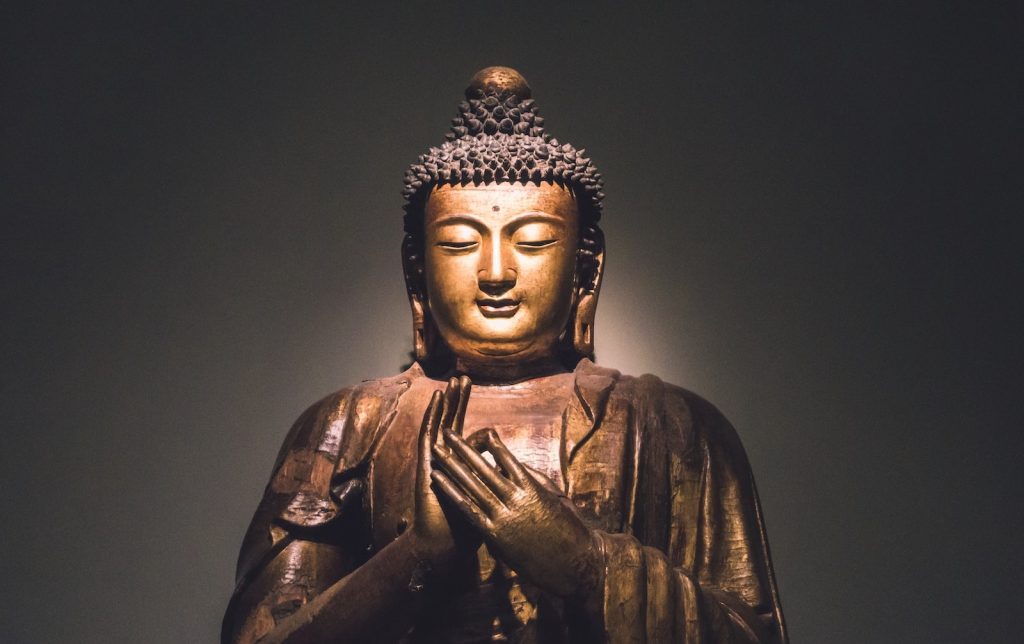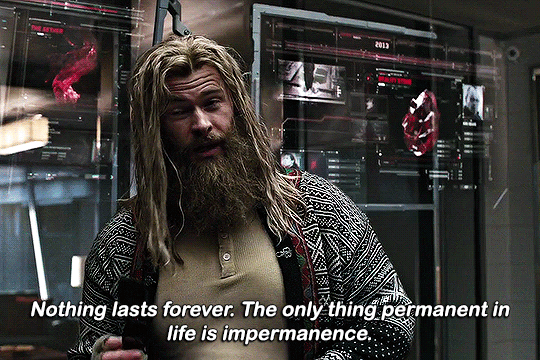Other
I Completed a 10-Day Silent Meditation Retreat. Wow.


“This is a 10-day surgical operation.”
Those were the words we heard during our discourse on the 1st of 10 days of Noble silence.
This was a period of no speaking, no gesturing, no reading, no writing, no meat, no exercise, and no phones.
It’s just you and your mind.
There’s nowhere to hide from the thoughts that run through your head, from the internal walls you’ve consciously or subconsciously built up for years, and from the reality of the moment.
What sort of realizations does one have in such a situation? It’s different for everyone, but here are some learnings and experiences I had during 10 days of Vipassana meditation.

What is Vipassana?
To keep things short, Vipassana is the meditation technique practiced by the Buddha over 2500 years ago when he became enlightened. It is taught around the world in over 380 locations today as a secular form of meditation, meaning that your pre-existing religious beliefs do not disqualify you from the practice.
Vipassana teaches you to be a better human and eradicate the misery from within.
I wrote another post that is a deeper dive into the technique and why it works. To really understand Vipassana, I highly recommend you check that out here.
Onto my findings from 10 days of silence :)
The Law of Impermance

One of the core tenants of Vipassana is the Law of Impermance. Everything is constantly changing and that’s not a good thing or a bad thing. It’s just A thing.
You don’t need 10 days of silence and seclusion to figure that one out. How many times have things been going great in your life and you think to yourself, “I’ve finally figured things out.”
Now, how many times does that last forever?
Likewise, how many times have you hit rock bottom and thought to yourself, “I have no idea how to make things better.”
But eventually, things do get better.
Both of these states are temporary and accepting that is important. But what’s more important is to not let ourselves get affected too much by the high points or the low points. Rather, we should let these moments flow through us and simply observe them.
In fact, lingering on any one moment for too long creates a build-up of misery within us through feelings of craving (positive moments) and aversion (negative moments). My other post talks more about that in-depth.
Our Misery is Woven into the very Fabric of our Bodies

Somewhere along the path to enlightenment there comes a moment when you realize completely and unequivocally that all the misery we have in our lives comes from within.
It does not come from external forces, but rather from our reactions to those external forces, which are then internalized as misery. Even a reaction to a positive external force (ex: getting a pay raise at work) generates a feeling of craving (making more money feels good and we want more of it!), which creates an attachment to that feeling, causing a deviation from the equanimous mind, and generating internal misery as a result of the craving.
A key tenant of the technique is train your subconscious mind to stop reacting and start observing.
You got a pay raise at work? Just observe the feeling this gives you, don’t react to it.
You got a pay cut? Same deal. Just observe.
However, this doesn’t account for the decades we’ve spent reacting to everything around us. We’ve been generating misery for years and years and it's manifested itself deep within our bodies.
While meditating using the Vipassana technique, we were instructed to observe sensations on our bodies: an itch, a tingle, pain from sitting in the same position for long periods of time, etc. Through the act of observing instead of reacting, we bring the misery to the surface. In fact, the sensations are physical representations of our misery, and observing them without reacting enables them to leave the body.
Man! I started to experience this a few days into the meditation and once I started observing layers of misery leaving the body, it felt amazing. I genuinely felt like a lighter, freer person.
You never realize how many demons you’ve allowed to nest deep inside you until you don’t have a phone, a task, or another human being to distract you from them.
The Mind-Body Continuum is a Two-Way Street

From day 4 onward, we had three sittings each day in which we were instructed to find a sitting position, close our eyes, and not move for an hour while practicing the Vipassana technique.
Keep in mind, other than those who were chronically injured, we were sitting on cushions on the ground with no back support. As that hour dragged on, the pain would get worse and worse, especially in my knees, hips, and back.
The first few sittings felt like going to war with my mind to keep from moving. I’d compare the experience to the last 10K of a marathon.

Except I had to do it three times a day.
I was definitely in the suck. Except I was supposed to just observe the pain without reacting to it, which was incredibly difficult.
That’s when I realized that the relationship between your mind and your body is a two-way street.
Anyone who’s conquered a marathon, triathlon, or another physical challenge beyond their perceived limitations knows that the end of the event pushes you to your mental limits before it takes you to your physical limits.
During Vipassana, I discovered that conquering a mental challenge was the reverse: it took me to my physical limits before I reached my mental limits.
It sounds weird to say, considering I was just sitting in place. But if you have any doubts, try meditating with your legs crossed for an hour and I promise you’ll understand.
It’s not far-fetched to understand that the mind and body are connected, but years of physical challenges made me assume that the relationship only flowed from physical exertion –> mental exertion.
Now I understand that the relationship flows both ways. Many of those hour-long sits had me limping around for hours, contemplating which body parts I’d need surgery on when it was over.
As the saying goes, “Pain is just weakness leaving the body.” After my experience with Vipassana, I’d amend that statement to, “Pain is just misery leaving the body.”
Other Realizations

- I thought that I loved watching sunsets. I realized that in real life, we’re never actually watching the sunset. We’re taking photos, scrolling through our phones, talking to the people around us, and suddenly, the sunset is over.
At Vipassana, I actually watched the sunset for the first time in my life, and it’s something I want to do more of.
Leave your phone behind. Leave your friends behind. Find a quiet place and just enjoy it. - Likewise, we don’t spend enough time reflecting. I had an hour and a half break every day after lunch where I just sat in a chair and let my mind wander.
One day, I replayed my entire senior season of high school basketball.
Another day, I got to look back on my favorite moments from my last semester of college.
I thought about my friends.
I thought about my family.
I came away with more gratitude for each and every one of these experiences and people as a result.
What’s Next?

You don’t eradicate all your misery in 10 days of meditation. I’ve got decades more of practice ahead if I want to get rid of all of it.
But, after 7 months of taking on too many projects all at once, I finally got a glimpse of an emotion that I completely forgot about.
Happiness.
Real happiness coming from within, not manufactured by external factors.
Man I missed that.
Better yet, Vipassana taught me how to find the happiness within in all situations I might face in the future.
It’s not a gimmick.
It’s not a snap-fix.
But, it works as long as you are willing to put in the time.
If there was one underlying feeling that accompanied me when I exited the gates of the retreat center on the morning of Day 11, it was overwhelming love for the world, and a passionate desire to spread that love to as many people as possible, especially during my next few months of travel.
I’ll be doing my best to follow through with that sentiment, and keep the good vibes rolling as long as possible.
As for the surgical operation mentioned in the opening discourse, it is still ongoing. We are all works in progress and I’ve come to greater appreciate the journey, regardless of the outcome, because of Vipassana.
If you’ve made it this far, consider signing up for a Vipassana course near you. It’s free and it’ll change your life for the better.
:)